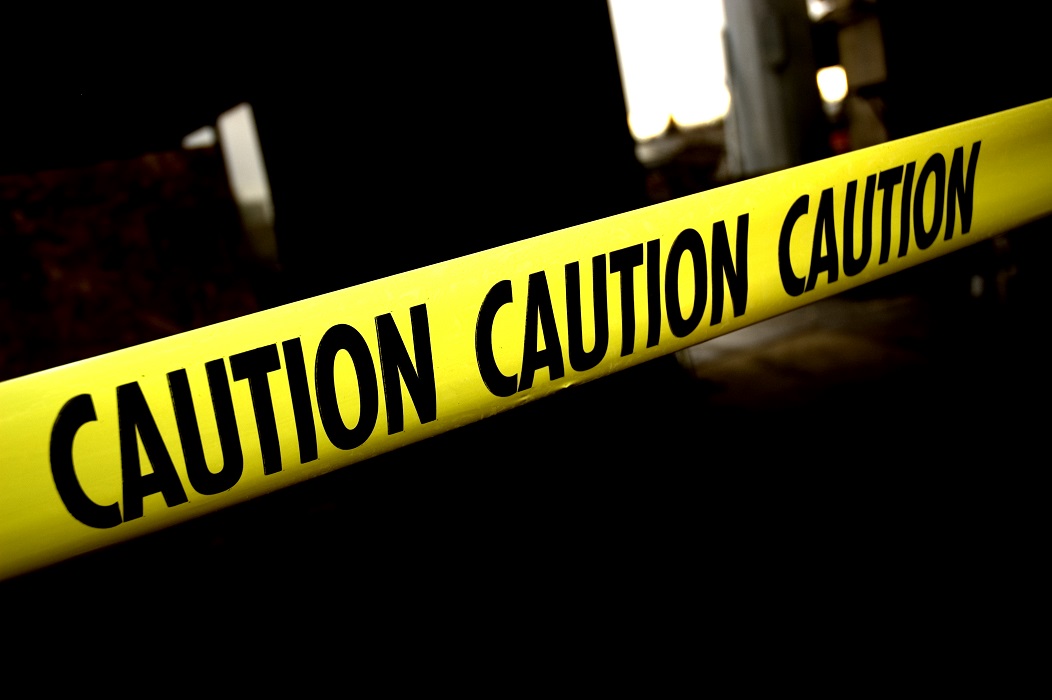Burst Fuel Pipeline to Disrupt New Zealand Flights Through Week

WELLINGTON, New Zealand (AP) — A rupture in the main pipeline carrying jet fuel to New Zealand’s largest airport has disrupted the travel plans of thousands of people and is expected to cause further flight cancellations and delays into next week.
Auckland Airport spokeswoman Lisa Mulitalo said Monday that 41 international and domestic flights have been canceled since Saturday due to low jet fuel supplies. She said other flights have been delayed or re-routed.
Mulitalo said the airport handles about 465 flights daily and most are still operating as normal. She said the airport is urging travelers to check their flight information online and get in contact with their airline if needed.
The pipeline also carries diesel and gasoline, although the shortages have been most acutely felt so far by airlines.
New Zealand’s military has stepped in to help by offering a naval tanker and truck drivers to transport fuel and by cancelling a planned military exercise with Singapore to help preserve fuel.
“It’s been made very clear to all of those working on this that the government will commit whatever resources and effort are required to get this sorted out as quickly as possible with a minimum of disruption,” said Minister of Energy and Resources Judith Collins in a statement.
Passenger Benjamin Sila told The New Zealand Herald newspaper he was traveling from Thailand to Samoa and was in transit in Auckland when he was saddened to discover his flight was cancelled.
“I just want to go home and see my daughter,” he said. “I was really looking forward to it.”
He said he now planned to travel home via Sydney.
Air New Zealand said jet fuel supplies at the airport are only about 30 percent of normal levels and 2,000 of its customers will be affected on Monday alone.
Some of its flights are being canceled while others to North America and Asia are being redirected to refueling stops at airports in the Pacific or Australia, the airline said.
“Aviation is a critical transport industry and the lifeblood for tourism and we are naturally extremely disappointed with this infrastructure failure,” Air New Zealand captain David Morgan said in a statement.
The underground pipeline runs about 170 kilometers (106 miles) from an oil refinery to Auckland.
Greg McNeill, a spokesman for pipeline owner Refining New Zealand, said a digger or other machinery appears to have damaged the pipe and then acidic soil had corroded it further until it failed Thursday.
He said his company should be able to fix the pipe and have it operating again by Sept. 26 at the latest, although it would take another 30 hours after the jet fuel arrives in Auckland for it to settle and be recertified.
McNeill said operators first noticed a drop in pressure in the pipeline on Thursday afternoon, and teams flew overhead by helicopter to locate the leak.
He said about 60,000 liters (16,000 gallons) of fuel spilled from the rupture. He said the leaked fuel was contained in the surrounding soil and in a culvert and had not seeped into waterways.
McNeill said that when crews dug up the pipeline, they found it had been dented and a protective coating removed, indicating it had been hit by machinery. There was no machinery still in the area, McNeill added.
He said the pipeline, which extends from the Marsden Point Oil Refinery north of Auckland to the Auckland suburb of Wiri, had been operating successfully since 1985 without any major leaks before Thursday.
He said installing a second pipeline, as some people are calling for in light of the leak and flight disruptions, would require a big commitment from the industry and cost about 300 million New Zealand dollars ($220 million).
Related News
Related News

- Kinder Morgan Proposes 290-Mile Gas Pipeline Expansion Spanning Three States
- Three Killed, Two Injured in Accident at LNG Construction Site in Texas
- Enbridge Plans 86-Mile Pipeline Expansion, Bringing 850 Workers to Northern B.C.
- Tallgrass to Build New Permian-to-Rockies Pipeline, Targets 2028 Startup with 2.4 Bcf Capacity
- TC Energy Approves $900 Million Northwoods Pipeline Expansion for U.S. Midwest
- U.S. Pipeline Expansion to Add 99 Bcf/d, Mostly for LNG Export, Report Finds
- Enbridge Adds Turboexpanders at Pipeline Sites to Power Data Centers in Canada, Pennsylvania
- Great Basin Gas Expansion Draws Strong Shipper Demand in Northern Nevada
- Cheniere Seeks FERC Approval to Expand Sabine Pass LNG Facility
- Heath Consultants Exits Locate Business to Expand Methane Leak Detection Portfolio




Comments